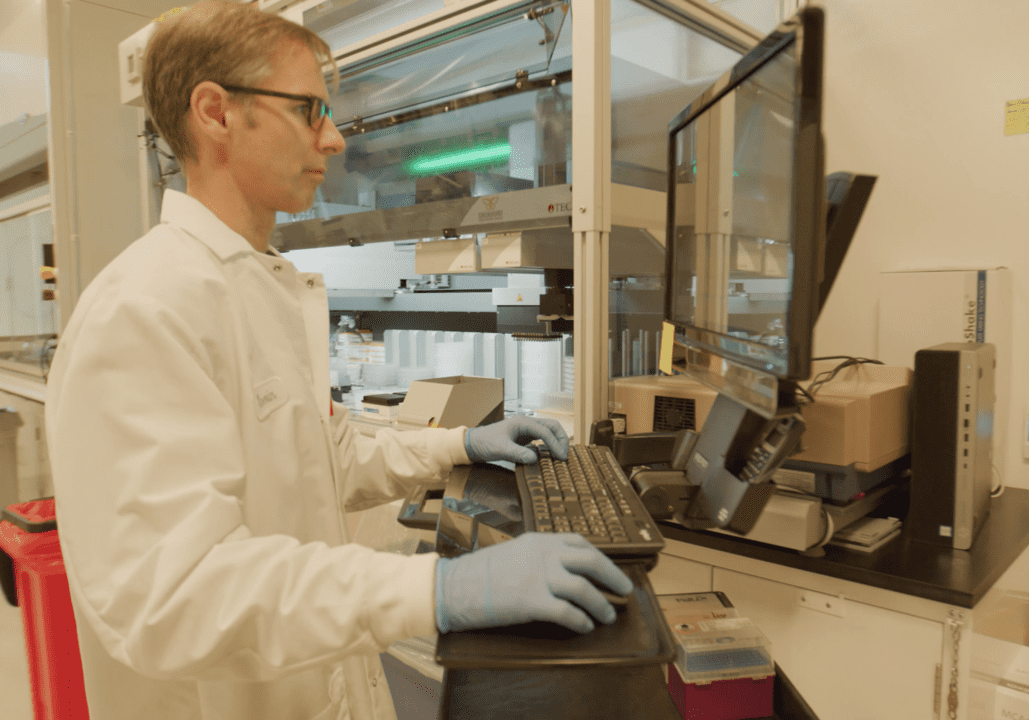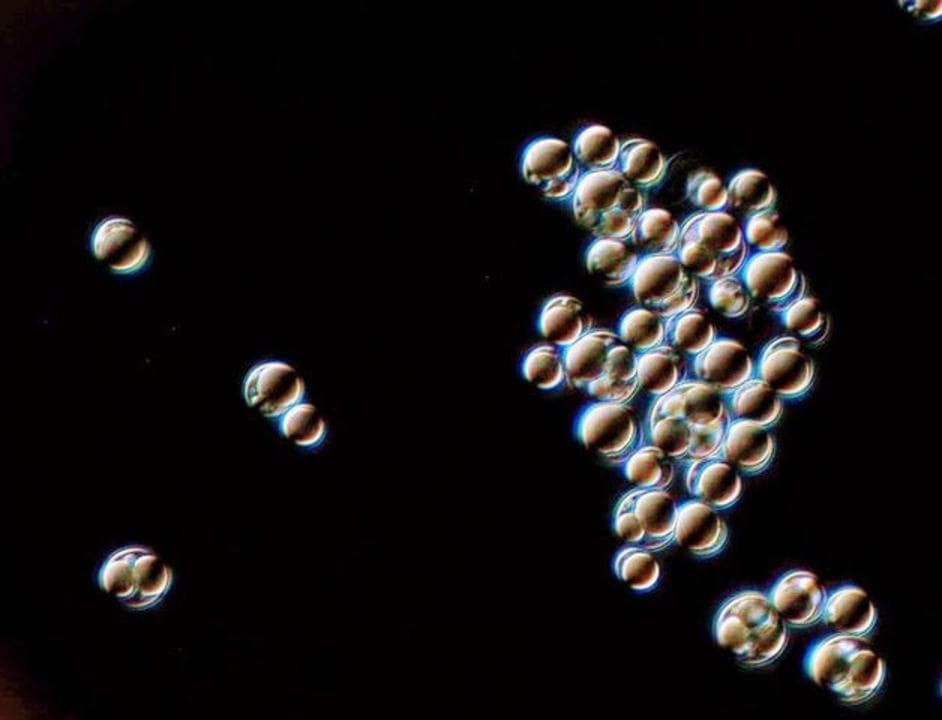Improving sustainability in the materials industry is vital to help address some of the biggest issues faced by today’s world, including climate change and the use of toxic chemicals. Checkerspot, a start-up materials company, is using biotechnology to harness the power of nature, fermenting algae to produce novel bio-based oils for use in materials in the outdoor recreational sector and an expanding number of other applications.
Petroleum-derived materials have a negative impact on the environment, with many global initiatives being implemented to encourage more sustainable practices and protect the future health of the planet. Naturally-derived molecular building blocks offer a number of useful attributes for materials science, with a significantly smaller carbon footprint, yet these remain largely unexplored or underutilized, because novel plant-derived materials are challenging to manufacture on a large scale. Checkerspot, based in Berkeley, California, is taking a new approach, focusing on the development of greener high performance materials by starting at the molecular level. The company has established a process to make oils via the fermentation of algae, as Genét Garamendi, Head of Strategic Relationships and Communications at Checkerspot, explained: “We screen thousands of strains of heterotrophic microalgae in our molecular foundry to identify strains that express the highest levels of novel triglycerides. We then take those fatty acid building blocks and apply our knowledge of chemistry and materials science to produce high performance materials that we can either fabricate into products ourselves, or work with our partner companies to deliver novel compounds.”
 Kevin Ward operating Checkerspot’s Freedom EVO platform
Kevin Ward operating Checkerspot’s Freedom EVO platform
Genét continued: “We’re also working on ways to improve lipid profiles and increase how much oil is made per unit of time, as well as the types of fatty acids and lipid titers. Our strain improvement team uses a variety of mutagens and selection strategies to improve strain performance, while our genetic engineering group uses a more rational approach to introduce genes that we suspect will improve or modify fatty acid synthesis.”
The Freedom EVO has revolutionized our workflow; it only takes about half an hour to set up, and it picks and inoculates 350 colonies per hour, freeing up time for our staff to focus on other activities.
 A brightfield image showing the formation of large oil droplets within individual microalgae cells
A brightfield image showing the formation of large oil droplets within individual microalgae cells
“Our initial focus is on producing performance materials for the outdoor recreational sector, where properties such as hydrophobicity or wicking are vital. Additionally, sustainability is a core value for consumers in the outdoor sector, who tend to have an emotional connection to the environment. Using algae to produce oils has a far lower environmental impact than the petroleum-derived products that they replace, helping to tackle climate change and reduce the use of toxic chemicals.”
Checkerspot’s workflow relies on screening thousands of algal strains – a time-consuming and labor-intensive task when performed manually. Kevin Ward, a scientist in the molecular biology and strain development group, added: “We were picking algal colonies manually using a toothpick, transferring them to a 96-well plate to grow, then inoculating experiments to select algae that grow faster and produce more oil to lower the cost of production. On average, it was taking two people eight hours to pick and inoculate 1,400 colonies. To scale up this process, we needed a platform that seamlessly integrated on-deck colony picking with liquid handling to inoculate cellular growth assays. We looked at a range of solutions to increase our throughput and reduce the associated manual labor, but they were either very expensive, required multiple instruments, or took up too much space. Tecan was able to combine colony picking and liquid handling on one Freedom EVO® 200 with an integrated SciRobotics Pickolo™, making the solution more compact and cost effective. With a single tip, this platform can pick a colony and split the sample between experiment inoculation and incubation in media, so that we can go back to colonies of interest. It has also completely automated our surrogate assays to track how well the algae cells are growing.”
“The Freedom EVO has revolutionized our workflow; it only takes about half an hour to set up, and it picks and inoculates 350 colonies per hour, freeing up time for our staff to focus on other activities. The platform has also reduced our CVs from around 20 percent to under five percent, which enables us to consistently find strains that are significantly improved over their parents, and eliminate lineages with no commercial value. This allows us to more effectively use limited resources. We have also established that our discoveries at the screening scale are linearly predictable up to several hundred liters, in terms of oil profiles and titers. The Freedom EVO is enabling things which we simply couldn’t do before; I’ve already written additional scripts for other applications, as our intention is to automate as much as possible. This is an exciting time for our company and we are eager to use this technology in the creation of more sustainable and higher performance materials,” concluded Kevin.
To find out more about Tecan’s colony picking solutions, visit www.tecan.com/pickolo
To learn more about Checkerspot, go to www.checkerspot.com
Keywords:









